You fall and twist your ankle and it swells to the point where you limp. You overdo it with the deadlifts and can’t raise your arms the next day. Or you just drive yourself hard with a long workout and do some free radical damage which causes aches in your joints, muscles, and ligaments. Inflammation causes this pain. Thus most pains are caused by inflammation.
What causes your body to swell when the pressure is on? When the immune system senses a problem it releases white blood cells and pumps blood to the area in question which causes a swelling effect. This is acute inflammation and though it does generally cause pain, it is usually good because it is fighting infections. Acute inflammation subsides when the injury is repaired.
Inflammation is actually the body’s way of healing itself. When you have inflammation, the body is in the process of fighting off infections or repairing injuries. There are other instances where your immune system uses inflammation to help your body. If you are being chased by a bear, then inflammation is also your friend. Yes, the swelling response which is commonly seen as a pain in the neck will save your neck by releasing the adrenaline you need in a life or death situation. When your fight or flight response is triggered, the inflammation portion of your immune system in your body responds in a positive way.
In certain circumstances, according to Scripps, the immune system will go awry and attack healthy tissues, and joints. This is known as chronic inflammation. When there is chronic inflammation, that is a sign that something is amiss, since swelling is generally a sign that your body is working to help you. Some causes of chronic inflammation can be a virus, an autoimmune condition, smoking, too much alcohol, obesity, a poor diet of too much sugar or fatty food, or a high level of stress.
Chronic inflammation is generally low grade and constant when the immunes system is triggered consistently and when this occurs other nerves and tissues can be stressed and ultimately damaged. This is a hazard to long term health since cellular and tissue degradation causes yet more degradation. While the stiff and sore joints that can cause you to hobble around is something that may keep you off the playing field for a while until you recover, constant inflammation can start to damage the joint and then other body parts.
It also leads to other unpleasant common diseases including asthma, vascular disease, Crohn's, diabetes, neurologic disease, heart disease, and IBS. Those who are familiar with IBS, or inflammatory bowel syndrome, are experiencing their gastrointestinal system becoming inflamed. And while it may be the body protecting you from certain foreign bodies, it is never a pleasant way to get through it. This chronic issue can be detrimental over time if it means your body is not absorbing nutrients properly from the food you are eating.
Sleep seems to be linked closely to inflammation. According to Dr. Mark Zielinski, a research scientist and an assistant professor at Harvard Medical School, those who have high inflammation proteins in their bloodstream were found to have sleep issues, though it is not known whether the discomfort from the inflammation causes the sleep issues or the other way around.
There are ways to reduce inflammation. If you are carrying a few extra pounds, losing weight or maintaining a healthy weight can lower your chance of chronically being inflamed. Eating a healthy anti-inflammatory diet with lots of omega-3s like cold-water fish, flaxseed, olive oil, turmeric, as well as lean proteins and whole grains is a better alternative than foods that will flare you up like red meat, trans fats, sugar, white flour, white rice, fried foods, pasta, and sugar. Also, managing your stress levels can help to keep swelling and chronic pain at bay. This could include activities like meditating, yoga, or going for a walk when you get wound up.
Some find that exercise is a good stress reliever. Exercise is a great way to reduce inflammation as long as you don’t overdo it and injure yourself. 30-45 minutes of aerobic exercise combined with 10-25 minutes of resistance training for 4 to 5 times a week is for good health.
When looking to stave off the immediate pain caused by swelling, many reach for over the counter treatments like aspirin and Tylenol. Aspirin works because it inhibits the production of inflammatory prostaglandins. When the pain is more than mere aspirin can handle, people often look to more potent, prescription-only anti-inflammatories which often have side effects like gastric pain and ulcers, and can have addictive qualities.
On the flip side, omega-3 fats have very few side effects and have similar results when it comes to modulating the immune system. In addition, omega-3 fats have heart benefits and at high dose strength (over 3 grams daily) have been shown to lower triglycerides. High triglycerides increase the risk of cardiovascular disease.
Fish oil also helps to delay onset muscle soreness even after your tough workout. Some endurance athletes found an improvement in flexibility, according to a study cited in the National Institute of Health. Further studies showed that supplementation helped improve the amount of reps weight trainers could do, including a better range of motion. These benefits are dose-dependent. The higher the dose, the greater the benefit. As a general rule, one should strive to take at least a daily 3000 mg dose of a combination of EPA and DHA in the triglyceride form for maximum results.


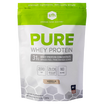
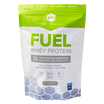
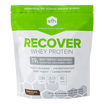
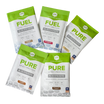
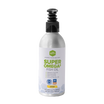
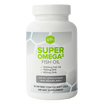
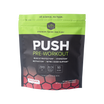
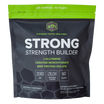
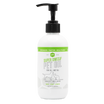
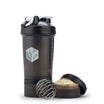
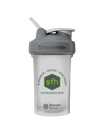
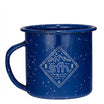








Leave a comment
This site is protected by reCAPTCHA and the Google Privacy Policy and Terms of Service apply.